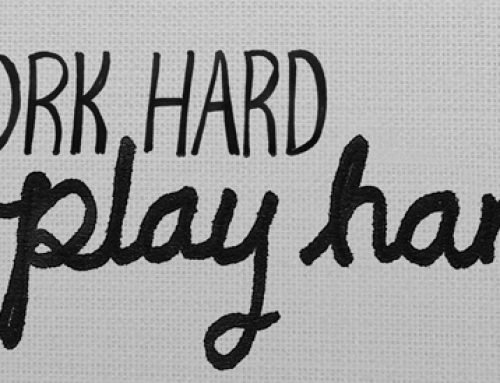Nail your interview- Top 5 Questions You Need to Answer
Part 2: “What Is Your Biggest Weakness?”
This is Part Two of a Five-Part Series Read Part One here.
As discussed in Part One, we have listened to and learned from many hiring managers and other decision-makers how to best prepare a candidate for a job interview. This week brings us to Part 2 of the series, Prepare for these Top 5 Questions to Nail Your Next Interview, addressing the second of our Top 5 questions: “What is Your Biggest Weakness?”
This is a question that rarely goes unspoken at job interviews across the board. It doesn’t matter if you’re applying to become a secretary or a CEO, addressing the issue of your greatest weaknesses is still a very common question.
It is also one that needs to be given ample time when you consider how to prepare yourself for the upcoming interview best. Why? Because most people find it difficult to speak about their biggest weakness, to spill their guts out in front of perfect strangers whom they are trying to impress and not repel. How can you expose yourself in such a way that is honest yet not going to shut the door on your possibility with this company? Well, that’s a tricky question that we are here to help you better grasp and build upon.
Weakness is hard to digest, but we all have to deal with it. In a job interview, the hiring manager is seeking to discover who you are in a nutshell. What can you bring to this company? What sets you apart from the other candidates that have been through these doors? Discussing your weakness, although exposing you, also provides a glimpse into your past and future. How you have handled yourself in the past will often be telling of how you will process similar problematic scenarios in the future. Therefore, it is important to reveal how your weakness and/or mistakes in the past have changed you for the better, setting you on a course of improvement and growth.
In order to nail the interview, you need to rehearse specifically how you will answer this question, being prepared to give a vivid example. One of the most helpful hints we offer in our interview coaching addresses this. When you share your biggest weakness with your future employer, you need to give a specific example to highlight exactly what you are saying about yourself and how this weakness has shaped you. For example, “I used to struggle with a quick temper and got into an argument with a coworker one day in the middle of a meeting. However, more recently, I have improved in that regard, as exemplified by my calm behavior and sincere, peaceful interactions with the same coworker.” Such an example shows the hiring manager that you have an informed and intentional grasp of your biggest weakness and that you are being proactive in facing it.
Developing a deeper understanding of yourself and how you operate in a workplace environment will help you greatly because you can then explain and market yourself to someone else. In order to nail that next job interview, you need to take a hard look at where you have been and how you have grown. Your past failures don’t have to be the end of you…they can be the beginning of a new chapter. Mistakes create opportunities for growth, and learning how to define your biggest weakness best will set you apart as a potential job candidate.
In order to get to the interview, get professional assistance for your resume. Call or contact Platinum Resumes to begin the process.
This article was originally published in June 2015 and has been recently updated.





